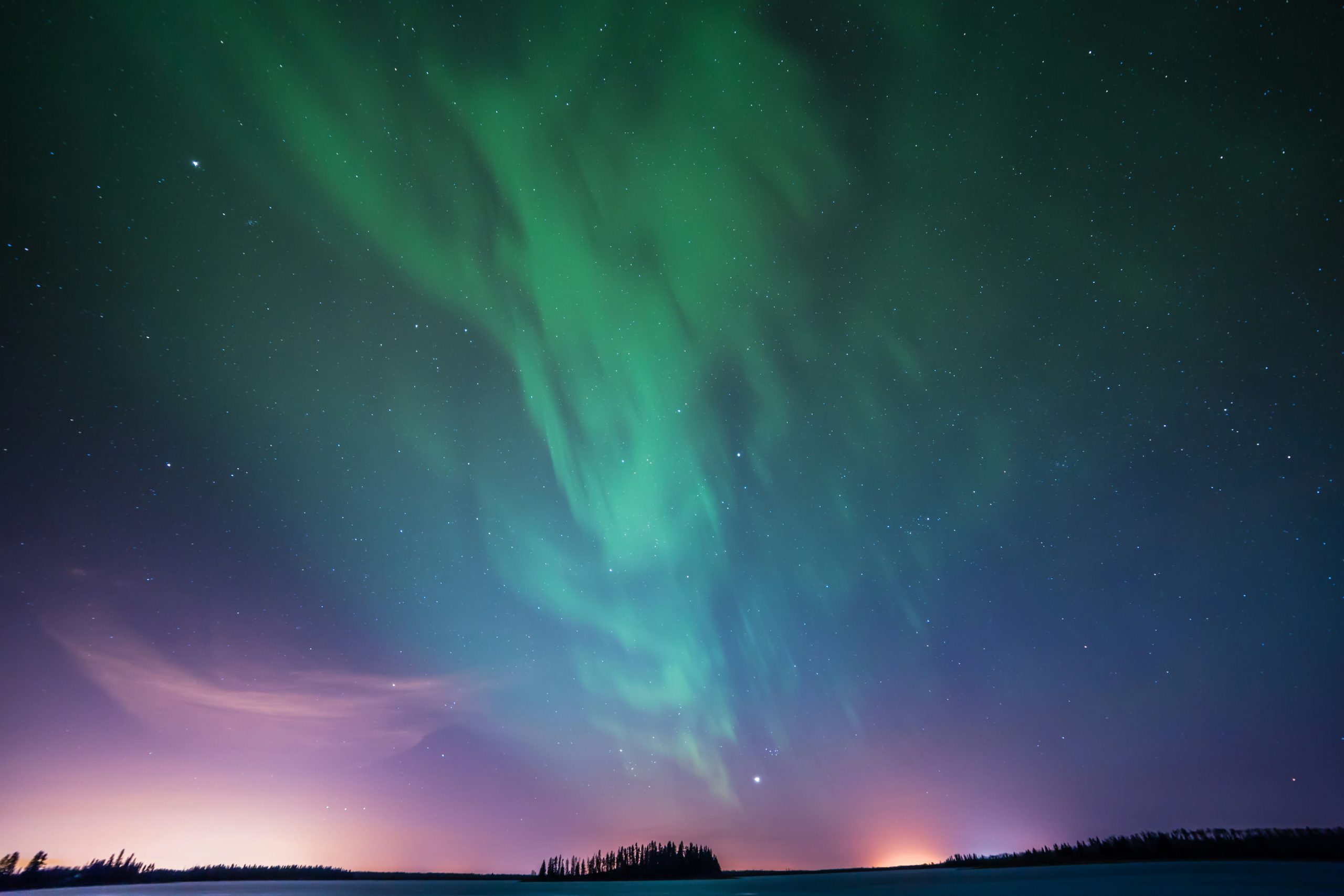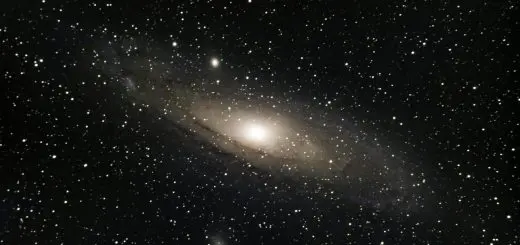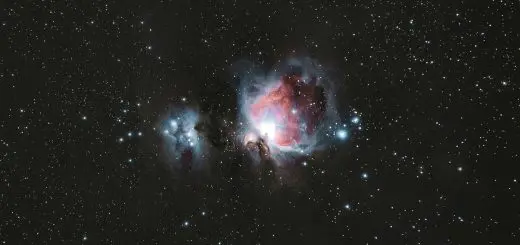The Great Flood: Ojibwe Story of Survival and Creation

Looking for more amazing products? Check out our online store and explore our collection here! Happy shopping!
Before diving in, please note: This post is for informational purposes only. If you’d like to know more about how we approach topics, feel free to check out our friendly Disclaimer Page.
Hey there, amazing readers! 
We’re committed to delivering quality posts, and your support (even just sticking around despite the ads) means everything to us. So, bear with us, and thanks for helping us keep the good vibes rolling. Now, on to the fun stuff!
TRANSLATE BUTTON AT THE END OF THE ARTICLE
A Brief Overview
The Great Flood is a significant narrative in the mythology of the Ojibwe tribe, an indigenous community native to North America.
This ancient myth carries profound cultural and spiritual significance, offering insights into the tribe’s beliefs, values, and resilience.
The story recounts the survival and creation of the Ojibwe people amidst a catastrophic flood that engulfed the world.
Passed down through generations, the Great Flood narrative holds sacred teachings and lessons on preparedness, survival strategies, and the importance of adaptation.
It is also closely associated with the tribe’s spiritual practices and cosmology, linking the flood with the creation of the world.
This article explores the various aspects of the Ojibwe story of the Great Flood, shedding light on its origins, cultural significance, survival strategies, and impact on the tribe’s belief system.
Introduction to Ojibwe Tribe’s Ancient Myth
The Ojibwe tribe, also known as the Chippewa, is an indigenous group native to the Great Lakes region of North America.
Like many other indigenous communities, the Ojibwe have a rich mythology that encompasses stories of creation, heroes, and natural disasters.
One of their most renowned myths is the Great Flood narrative, which centers around the survival and creation of the Ojibwe people.
This ancient myth reflects the tribe’s deep connection with nature, their dependence on the environment for sustenance, and their spiritual beliefs.
Origins of the Great Flood Narrative
The origins of the Ojibwe Great Flood narrative can be traced back to ancient times, long before written records.
The story was passed down orally from one generation to another, serving as a way to preserve the tribe’s history, values, and traditions.
The Great Flood narrative likely evolved over time as it was shared and adapted by different storytellers.
The Ojibwe people believed that this myth was a gift from the Creator, intended to teach them important lessons about survival, adaptation, and the cyclical nature of life.
Sacred Teachings and Lessons from the Story
The Great Flood narrative carries sacred teachings and lessons that are deeply ingrained in Ojibwe culture.
One of the primary teachings from this myth is the importance of preparedness.
The story emphasizes the need to be aware of one’s surroundings, read signs from nature, and take appropriate action before a disaster strikes.
It teaches the Ojibwe people to be vigilant, observant, and adaptable to changing circumstances.
Furthermore, the narrative underscores the significance of resilience and unity in the face of adversity, as the survival of the Ojibwe people during the flood was only possible through their collective efforts.
Ojibwe Cultural Significance of the Flood
The Great Flood holds immense cultural significance for the Ojibwe people.
It is considered a cornerstone of their identity and serves as a reminder of their ancestral roots.
The flood narrative is often shared during ceremonies, gatherings, and storytelling sessions, reinforcing the tribe’s cultural heritage and fostering a sense of collective identity.
The story also highlights the tribe’s close connection with water, as the floodwaters play a central role in the narrative.
Water holds great spiritual importance for the Ojibwe, symbolizing life, purification, and transformation.
Preparing for the Inevitable Cataclysm
The Ojibwe people are renowned for their ability to read signs from nature and interpret them as warnings.
According to the Great Flood narrative, the Ojibwe forefathers received visions and dreams of an impending cataclysmic flood.
These visions urged them to take action to protect their community and ensure their survival.
The narrative emphasizes the importance of paying attention to signs from the environment and trusting one’s instincts.
Through their deep connection with nature, the Ojibwe people developed a profound understanding of their surroundings, enabling them to prepare for the inevitable flood.
Survival Strategies and Resilience During the Flood
During the Great Flood, the Ojibwe people showcased remarkable resilience and survival strategies.
The narrative describes how the tribe constructed large rafts and canoes to navigate the rising floodwaters.
They stockpiled food and supplies, ensuring their sustenance during the turbulent times.
The Ojibwe people also demonstrated their adaptability by seeking higher ground and utilizing their knowledge of the land to find safe havens.
The story highlights their resourcefulness, determination, and ability to work together as a community, which ultimately allowed them to survive the catastrophic event.
Ojibwe Beliefs on the Aftermath and New Beginnings
After enduring the devastation of the Great Flood, the Ojibwe people held strong beliefs about the aftermath and the opportunities for new beginnings it presented.
They viewed the flood as a purifying force, cleansing the earth of corruption and bringing about a fresh start.
The narrative teaches that through destruction, there is the potential for rebirth and renewal.
The Ojibwe people saw the flood as an opportunity to recreate their lives and build a better future for their community.
This perspective fostered a sense of hope and resilience within the tribe, allowing them to embrace the challenges of rebuilding their society.
The Flood’s Impact on Ojibwe Spiritual Practices
The Great Flood narrative greatly influenced the spiritual practices of the Ojibwe people.
It reinforced their reverence for water as a sacred element and deepened their connection with the natural world.
Water became an integral part of their ceremonies, rituals, and spiritual offerings.
The narrative also emphasized the importance of gratitude and respect for the earth, as the flood had devastating consequences for those who did not honor the Creator’s gifts.
Through the flood story, the Ojibwe people developed a profound understanding of their responsibilities as stewards of the earth and the need for harmonious coexistence with nature.
Linking the Flood with Creation in Ojibwe Cosmology
In Ojibwe cosmology, the Great Flood is intricately linked with the creation of the world.
According to the narrative, after the floodwaters receded, the Ojibwe people were guided by the Creator to populate and care for the newly formed land.
The flood served as a transformative event, purifying the earth and paving the way for the emergence of life.
The story reinforces the Ojibwe belief in the cyclical nature of existence, where destruction and creation are intertwined.
This connection between the flood and creation showcases the tribe’s deep understanding of the interconnectedness of all things and their profound respect for the natural world.
Similarities with Other Flood Myths Worldwide
The Ojibwe Great Flood narrative shares striking similarities with flood myths found in various other cultures worldwide.
These similarities highlight the universal human experience of grappling with the forces of nature and the desire to explain catastrophic events.
Flood myths from different cultures often feature themes of survival, rebirth, and the challenges of rebuilding society.
This universality reflects the shared human need to make sense of our existence and find meaning in the face of adversity.
The similarities also illustrate the interconnectedness of different cultures and their collective wisdom in navigating the challenges of life.
Preserving and Passing Down the Ojibwe Flood Story
The Ojibwe people have diligently preserved and passed down the Great Flood story from one generation to another.
Through oral tradition, the narrative has been carefully shared, ensuring its survival and continued relevance.
Elders play a vital role in passing on the story, ensuring its accuracy and maintaining the integrity of the teachings.
The Ojibwe community recognizes the importance of cultural preservation, and efforts are made to document and share the story through various mediums, including books, artwork, and digital platforms.
By continually sharing and honoring the Great Flood narrative, the Ojibwe people uphold their cultural heritage and ensure that future generations can learn from its valuable teachings.
Conclusion
The Ojibwe story of the Great Flood is a testament to the tribe’s resilience, adaptability, and deep spiritual connection with nature.
This ancient myth carries profound cultural and spiritual significance, offering valuable lessons on preparedness, survival, and the cyclical nature of life.
The narrative’s impact on Ojibwe spiritual practices and its connection with creation in their cosmology further emphasize the story’s importance.
The Great Flood narrative also shares similarities with flood myths from various cultures worldwide, showcasing the universal human experience of grappling with natural disasters.
Through their dedication to preserving and passing down the story, the Ojibwe people ensure that their cultural heritage and valuable teachings continue to inspire and guide future generations.

The Enlightenment Journey is a remarkable collection of writings authored by a distinguished group of experts in the fields of spirituality, new age, and esoteric knowledge.
This anthology features a diverse assembly of well-experienced authors who bring their profound insights and credible perspectives to the forefront.
Each contributor possesses a wealth of knowledge and wisdom, making them authorities in their respective domains.
Together, they offer readers a transformative journey into the realms of spiritual growth, self-discovery, and esoteric enlightenment.
The Enlightenment Journey is a testament to the collective expertise of these luminaries, providing readers with a rich tapestry of ideas and information to illuminate their spiritual path.
Our Diverse Expertise
While our primary focus is on spirituality and esotericism, we are equally passionate about exploring a wide range of other topics and niches 

To ensure we provide the most accurate and valuable insights, we collaborate with trusted experts in their respective domains 
Our blog originally focused on spirituality and metaphysics, but we’ve since expanded to cover a wide range of niches. Don’t worry—we continue to publish a lot of articles on spirituality! Frequently visit our blog to explore our diverse content and stay tuned for more insightful reads.
Hey there, amazing reader! 
Check out our store here and take a peek at some of our featured products below! Thanks for being awesome!










